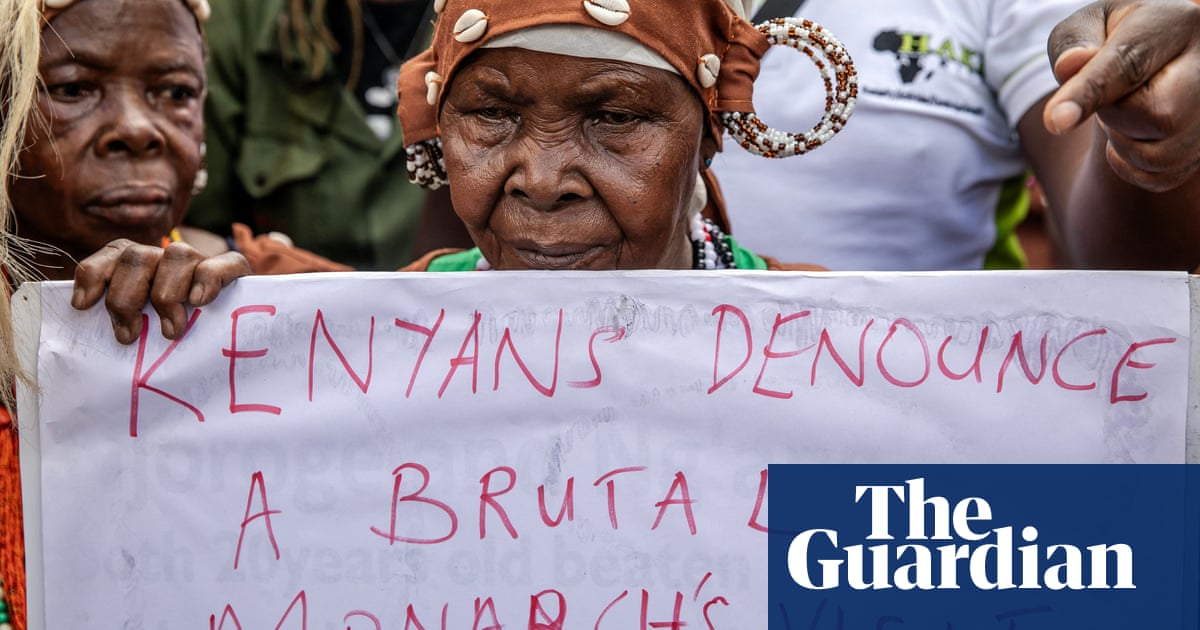
The Kenya Human Rights Commission has urged King Charles to publicly apologize for the colonial injustices during his upcoming visit to the country.
The KHRC stated that they are urging the king, on behalf of the British government, to publicly apologize without any conditions or hesitation for the cruel and inhumane treatment suffered by Kenyan citizens, rather than simply issuing cautious and self-protective statements of regret.
Between 1952 and 1960, during a period known as “the emergency,” British soldiers compelled approximately 1.5 million Kenyans suspected of involvement in the Mau Mau anti-colonial movement to enter concentration camps. These individuals were subjected to cruel and inhumane treatment, including torture and rape, as Kenya fought for its independence.
The monarch is anticipated to recognize the more difficult aspects of the United Kingdom and Kenya’s shared past during his four-day trip to the East African nation from October 31st to November 3rd.
According to a recent announcement by Buckingham Palace, the monarch will use his visit to further educate himself on the injustices endured by the Kenyan people during the state of emergency.
The commission for human rights stated that there was no evidence of the king’s intention to provide a complete and unconditional apology for the colonial violence in Kenya.
The attorney general of the British colony, Eric Griffith-Jones, wrote a letter to the British governor in 1957 describing the mistreatment of detainees as similar to conditions in Nazi Germany or communist Russia. Later on, Griffith-Jones helped draft legislation that allowed for beatings to occur, as long as they were kept undisclosed.
In 2013, the UK agreed to a settlement of £20m to resolve a class-action lawsuit involving 5,228 Kenyans who were victims of abuses during the emergency. The British government also issued a “statement of regret” as part of the payout, after an 11-year campaign and legal fight initiated by five elderly Kenyans.
During the case, it was uncovered that the British government had either destroyed or hidden important records of the violent actions taken by colonial authorities. Historians discovered documents during the investigation that put the UK government in a compromising and disgraceful position.
In the last ten years, new information about the severity of colonial abuses has been uncovered. This has led to a movement within the Commonwealth for recognition and compensation for these past injustices.
On his initial trip as king to a member country of the Commonwealth, Charles’s approach will indicate his strategy for addressing requests to recognize and express regret for colonial wrongdoings.
Source: theguardian.com
















